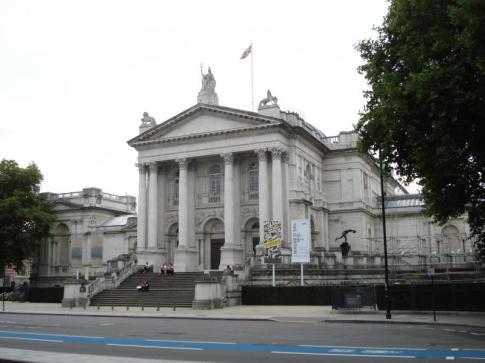UK unemployment total falls to 2.5m

UK unemployment fell in the three months to December, while the number of people in work jumped to a new record. The jobless total fell by 14,000 between October and December to 2.5 million, the Office for National Statistics (ONS) said.
UK unemployment fell in the three months to December, while the number of people in work jumped to a new record.
The jobless total fell by 14,000 between October and December to 2.5 million, the Office for National Statistics (ONS) said.
The number in work rose by 154,000 to 29.7 million. More than 580,000 more people are employed than a year ago.
The number of people claiming Jobseeker's Allowance in January fell by 12,500 to 1.54 million.
Overall, the ONS said there were 29.73 million people in the UK in employment, of which 73% were working full-time and 27% were working part-time.
In the three months to December, the unemployment rate fell to 7.8% - down from 7.9% in the previous quarter.
The figures also show how much the UK economy has been transformed since the financial crisis and its subsequent recession in 2008.
The ONS said that between October to December 2012, full-time employment was 378,000 lower than in the April-to-June quarter in 2008, the first quarter of the recession. But part-time employment was 572,000 higher compared with the same period.
"Economically inactive people who are not available for work, that's now at the lowest level since the early Nineties," Work and Pensions Secretary Iain Duncan Smith told the BBC.
"No-one is saying this is easy, but if you were in France or Spain or Greece... you would look at these figures and say I wish we were in that position."
The number of long-term unemployed also fell to 879,000, with 15,000 fewer people that had been unemployed for more than one year.
The economy may have contracted in the final quarter of last year, but the jobs market continued expanding.
Total employment was up 154,000 over the three months and that was all accounted for by full-time posts.
Economists are puzzled by the divergence of economic activity and job creation. It could be that employers are holding on to staff, or recruiting in anticipation of an upturn.
It's worth pointing out, though, that the rate of decline in unemployment was less than in the previous three months.
Those in work are being squeezed harder, with average earnings growth slowing to 1.4%, well below the 2.7% inflation rate.
In terms of pay, the ONS said that "there continues to be a cut in the real value of pay" as inflation remains higher than pay increases.
Average weekly earnings, excluding bonus payments and before taxes and other deductions from gross pay, were £445 in December 2012, up from £439 a year earlier.
"Where we're seeing the weakness in the labour market and in the UK economy is on the pay side," said John Philpott, chief economist at the Chartered Institute of Personnel and Development. "People are having to price themselves into jobs.
"The economy is producing the same amount of output with far more people - that is called falling productivity."
Youth unemployment - those aged between 16 and 24 - was 974,000, or 20.8%. That is up from 957,000, or 20.5%, in the three months to November.
Martina Milburn, the chief executive at the Prince's Trust, said: "It is alarming to see that youth unemployment is back on the rise. It's now four years since the start of the recession and many young people have been left with nothing but a four-year gap on their CV." bbc




 del.icio.us
del.icio.us Digg
Digg

Post your comment